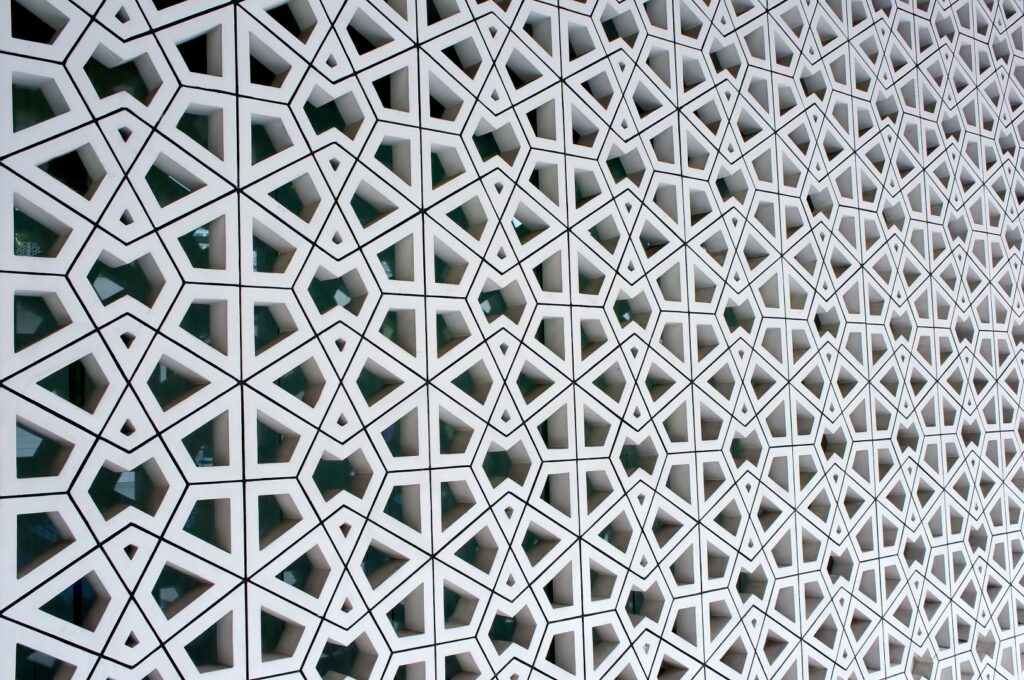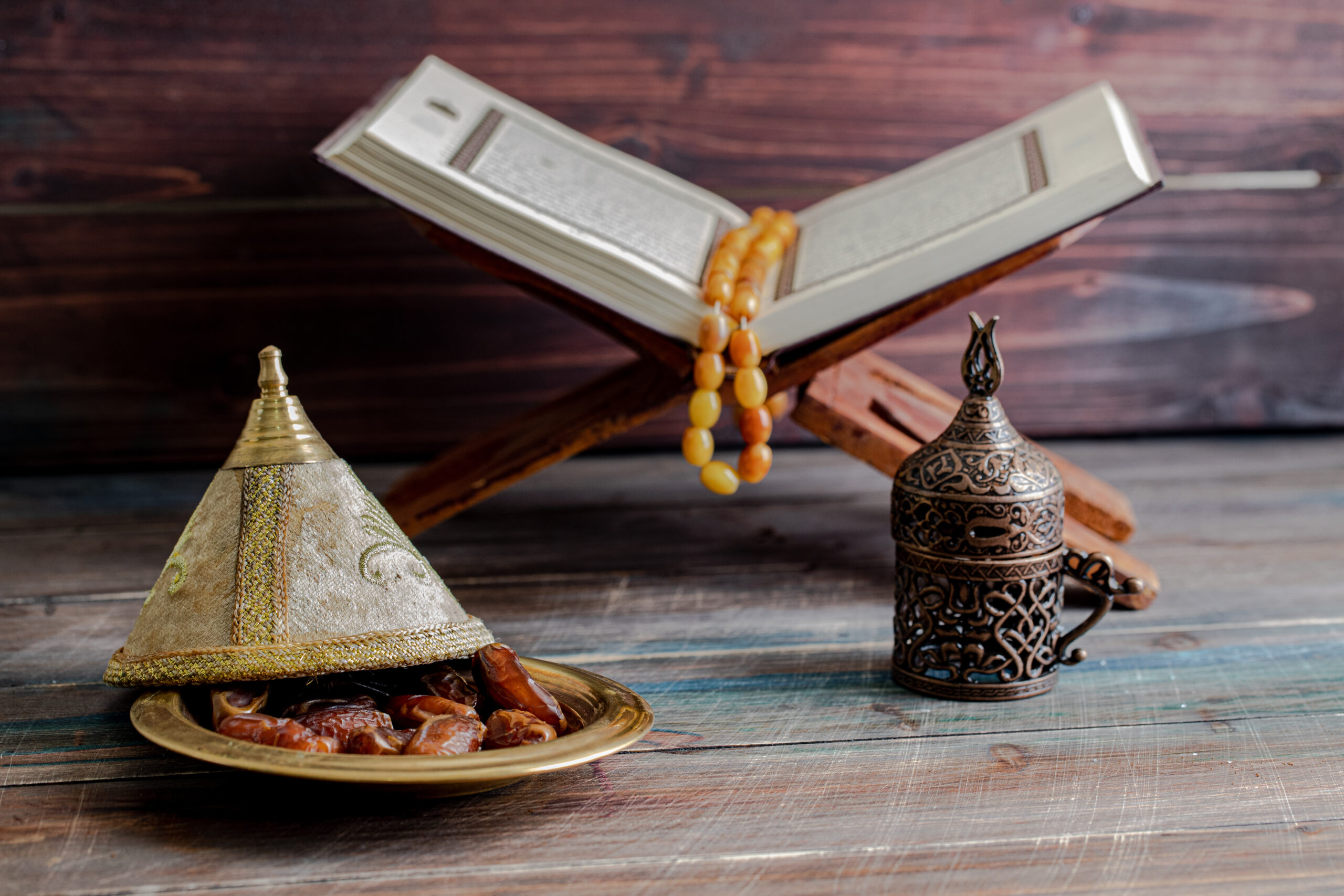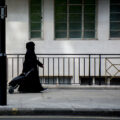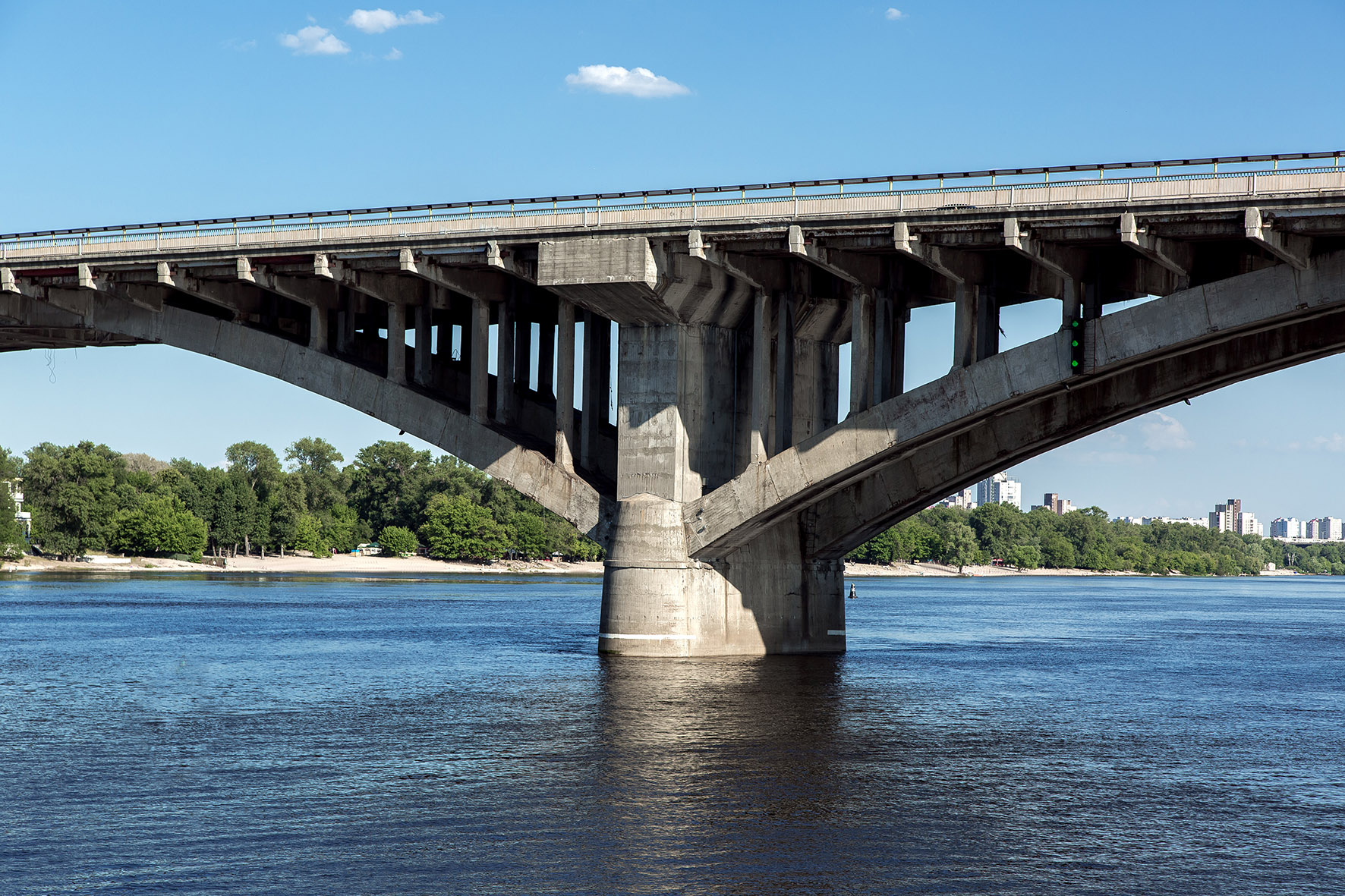A mosque that contributes to European societies
A mosque that contributes to European societies
What do European Muslims want to contribute to Islam and to society at large? Two imams created a mosque to answer this question.
In an interview for EARS, Muslim scholar Ufuk Topkara asked the most pressing questions that European Muslims face today. He wondered “where is the vision for the Muslim community in the future European context? Who are we? Who do we want to be? What is the Muslim community going to contribute to society at large? How can we grow to relate to global issues, not just issues that we ourselves are facing? How can we help accomplish ideals that could help us grow as a society, whether it be justice, economic prosperity, economic equality, equal rights, and the empowerment of women and minorities?”
An emerging mosque in France tackles exactly those questions. How is this mosque pointing to one of the many different ways Muslims can take their place in European societies?
A critical approach to Islam
Let us begin with an anecdote. As he studied philosophy, Fāker Korchane heard a classmate describe a sexual assault she had just escaped. He was startled by the way she, and the women around her, treated the event as an everyday occurrence. They finally explained to him how common sexual violence was to them. That is when he realised that women were systematically degraded.[1]
As a result, he began looking into his own behaviours and beliefs about women. Even in Islam, there are texts that curse communities led by women. Did being Muslim necessarily mean degrading women? Korchane researched the misogynistic hadiths. He came to the conclusion that these texts are not very reliable, as they are not attributed to the Prophet. Preventing women from praying with men or becoming imams, he says, is irrelevant.[2]
Reviving rationalism and mysticism
With this same motivation to carry a critical voice within Islam, Korchane co-created a mosque with female Islam scholar Kahina Bahloul. The Fatima mosque, as it is named, welcomes a diversity of Muslims under the banner of liberal Islam.[3] The imams are themselves different from each other. Korchane favours a rationalist approach to Islam (Mutazilite Islam) while Bahloul prefers a mystic approach to the faith (Sufism).
The Fatima mosque is a place where Islamic traditions that had been downplayed within mainstream Islam can be revived. As a result, people who had been stigmatised by their fellow Muslims can attend a place of worship where they feel safe. Feminist women as well as LGBTQ+ people, and Muslims who are married to non-Muslims, are allowed to affirm every part of their identity. The dilemma between one’s gender identity or conjugality and one’s faith is not relevant in these inclusive streams of Islam.
Making space for Muslims to express themselves
Korchane details the project of the Fatima mosque:
- Creating harmony among different Islamic approaches to faith,
- Living up to a contemporary reading of the Quran,
- Giving a place of worship to those who are in the margins.[4]
Bahloul adds that Muslims need to rehabilitate the notion of freedom in Islamic thought. She insists that Islamic spirituality can and should be liberating.[5] Bahloul indeed believes that the Fatima mosque answers a public demand for a place to reflect individually and collectively about the faith.[6]
As a matter of fact, many of those who attend Friday prayers would not have any collective practice of Islam if it was not for the Fatima mosque. A student explains how “some of our families accept that we are members of the Fatima mosque because it is ‘better than nothing’. A lot of young Muslims never go to the mosque.”[7]
Reaffirming the purpose of mosques
The Fatima mosque emerged in France. It reaffirms the purpose of mosques: a place to pray, learn, and socialise. This is particularly important in a European context. Indeed, non-Muslim Europeans often view mosques as threatening, as they assimilate Islamic gatherings with terrorism. EARS analyst Muhammad Faisal Khalil warns that “misrepresenting mosques not only misrepresents Muslims but also endangers them.” In this article, he notes that vandalism, hate mail, and attacks on Muslims are related to distorted notions of what mosques are.[8]
The Fatima mosque contrasts with these (mis)representations. As Korchane and Bahloul have not yet found a building where they can settle, the mosque is primarily a community of people. This, of course, undermines its visibility among Muslims and non-Muslims.[9] As is often the case in France, estate is a critical question for Muslim communities. However, in this precarious situation, the Fatima mosque testifies to the fact that mosques really are made of people.
Muslims taking their place in European societies
There is still a long way to go for the Fatima mosque to be acknowledged and accepted as a legitimate Islamic place of worship. Still, imams Korchane and Bahloul have developed a clear vision of what they want to contribute to Islam and to society at large. In that, they are resolutely tackling the most pressing questions that European Muslims are currently faced with. Their answers are nonetheless some of many possibilities that are yet to be explored.
Want to read more about similar topics? Go to the EARS Dashboard.
Sources
[1] Fāker Korchane, à la découverte de l’islam néo-mutazilite
[2] Fāker Korchane, à la découverte de l’islam néo-mutazilite
[3] Accueil – La Mosquée Fatima
[4] Fāker Korchane, à la découverte de l’islam néo-mutazilite
[5] Libérer les consciences croyantes
[6] Avec la mosquée Fatima, les voix de l’islam libéral s’affirment
[7] Mosquée Fatima, « Dans une mosquée mixte, je suis sincère avec Dieu »
[8] Mixing mosques with danger
[9] Fāker Korchane, à la découverte de l’islam néo-mutazilite






